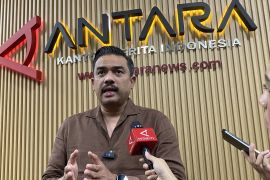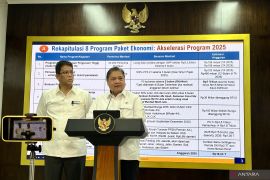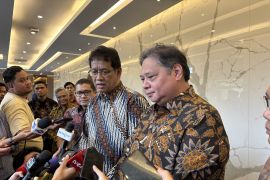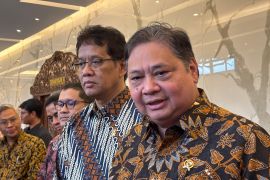"At present, the tax revenue is around Rp1,148 trillion," he revealed at the opening of a tax seminar on Monday.
He said that there were still around 40 million individuals and institutional tax payers, who had not met their obligations, adding that this number was far more than those who had paid their taxes.
"It is a national issue because tax is inseparable from statehood, but Indonesia is one of the countries where taxation has not yet been popularized well," Rahmani pointed out.
He further said that 40 million potential tax payers` personal taxes could contribute Rp400 trillion a year based on the assumption that each paid Rp10 million to the state on an average.
"The potential is 40 million but certainly it is impossible to make them all pay their taxes simultaneously. But we expect about 20 million to pay up based on our gross calculations," he stated.
Rahmani also noted that compared with people in the U.S. and Japan, Indonesians` awareness about paying taxes was still low as reflected in the country`s tax ratio. If funds from tax revenue could be maximized, this could help fund various infrastructure projects that would be useful for the country`s long-term economic growth, he added.
"We need more infrastructure, such as ports, roads, schools, health facilities and airports. If we wish to grow at more than six percent a year, we need to develop our infrastructure. But at present we can only build 150 kilometers of new roads," he said.
In view of the current scenario, Rahmani said, his office would step up campaigning to increase public awareness about the importance of paying taxes and putting one`s house in order by reducing the possible irregularities that can result in the state`s loss.
"We will continue eradicating corruption. This is a global issue and Indonesia is not alone. We will eradicate it so that the tax revenue can really be used for development," he said.
Reporting by Satyagraha
(H-YH/INE/H-YH)
EDITED BY INE
(KR-BSR/H-YH)
Editor: Jafar M Sidik
Copyright © ANTARA 2013












